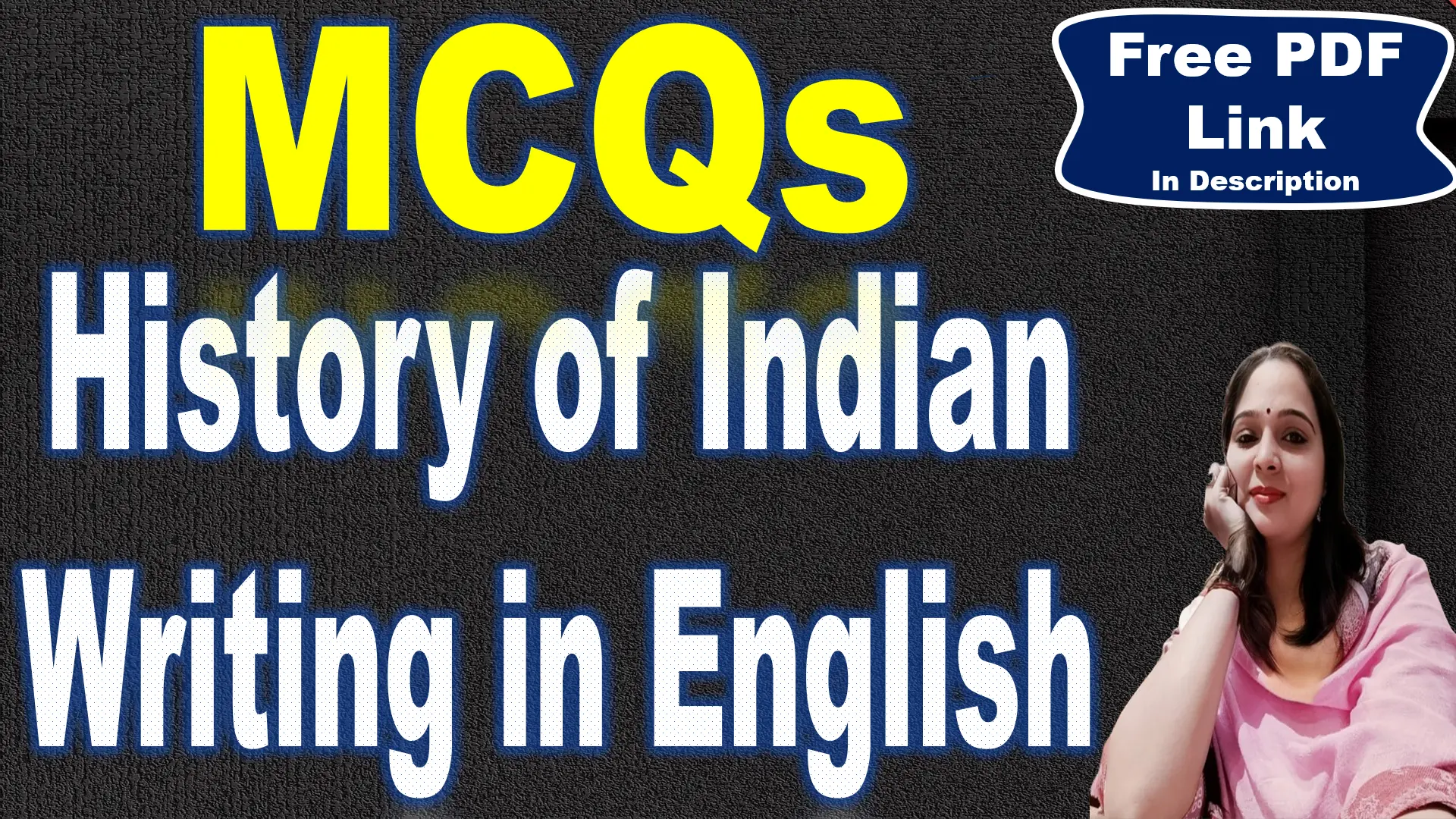
21. What does Astrophil hope Stella will feel after reading his poetry?
a) Joy
b) Pity
c) Anger
d) Indifference
Answer: b) Pity
Explanation: Astrophil believes that once Stella reads his poetry, she will understand his suffering and feel pity for him. He hopes that this pity will eventually turn into grace, meaning her love or favor. The sonnet expresses his desire for this emotional response from Stella as a way to overcome his unrequited love.
22. What is the primary source of Astrophil’s frustration in Sonnet 1?
a) His inability to love Stella
b) His inability to write poetry
c) His social status
d) His lack of wealth
Answer: b) His inability to write poetry
Explanation: Astrophil’s main frustration lies in his inability to effectively express his emotions through poetry. He struggles to find the right words and feels creatively blocked despite his attempts to study and seek inspiration from other poets. This failure to articulate his feelings is central to the poem’s theme of creative struggle.
23. How does Astrophil view the poetry of others in Sonnet 1?
a) As a perfect model to follow
b) As something that confuses him
c) As irrelevant to his own writing
d) As superior to his own work
Answer: b) As something that confuses him
Explanation: Astrophil turns to “others’ leaves” (the works of other poets) for inspiration, but he finds their methods and ideas unhelpful. He feels that their poetry does not fit his personal situation, and this alienation from others’ work only deepens his frustration with his own creative efforts.
24. Which line contains the advice that resolves Astrophil’s creative struggle?
a) “I sought fit words to paint the blackest face of woe”
b) “Thus great with child to speak, and helpless in my throes”
c) “Fool,” said my Muse to me, “look in thy heart and write.”
d) “But words came halting forth, wanting Invention’s stay:”
Answer: c) “Fool,” said my Muse to me, “look in thy heart and write.”
Explanation: The Muse offers a resolution to Astrophil’s creative frustration in the final couplet. She tells him to stop searching for inspiration through external means and instead to look into his own heart and write from genuine emotion. This advice serves as the turning point in the poem.
25. What does “fresh and fruitful showers” symbolize in the poem?
a) A new romantic relationship
b) Astrophil’s longing for creative inspiration
c) Stella’s rejection
d) Wealth and success
Answer: b) Astrophil’s longing for creative inspiration
Explanation: “Fresh and fruitful showers” is a metaphor for the inspiration and creativity that Astrophil desperately seeks. His “sunburned brain” symbolizes his mental exhaustion, and he hopes that external sources of inspiration will refresh his mind and help him find the right words for his poetry.
26. How does Astrophil attempt to improve his poetry in Sonnet 1?
a) By reading the works of other poets
b) By focusing on nature
c) By asking Stella for help
d) By writing in different languages
Answer: a) By reading the works of other poets
Explanation: Astrophil turns to the works of other poets, hoping that their creativity will inspire him to express his feelings more effectively. However, despite his efforts to study their techniques, he finds that their approaches do not work for him, and he remains frustrated with his inability to write.
27. What does the “truant pen” represent in the poem?
a) Astrophil’s love for Stella
b) Astrophil’s inability to express himself
c) Astrophil’s success as a poet
d) Astrophil’s anger at Stella
Answer: b) Astrophil’s inability to express himself
Explanation: The “truant pen” is a metaphor for Astrophil’s creative struggle. His pen, which should be helping him write poetry, is described as rebellious or disobedient, highlighting his frustration with his inability to express his emotions effectively through his writing.
28. What does the Muse represent in Sonnet 1?
a) Astrophil’s lost love
b) Poetic inspiration and guidance
c) Stella’s inner thoughts
d) An academic mentor
Answer: b) Poetic inspiration and guidance
Explanation: The Muse in Sonnet 1 represents the source of poetic inspiration and guidance. In the final couplet, the Muse advises Astrophil to stop relying on external techniques and to write from his heart, suggesting that authentic emotion is the key to successful poetry.
29. What is Sidney’s message about the nature of poetry in Sonnet 1?
a) Poetry is only about technical skill
b) True poetry comes from genuine emotion
c) Poets should always imitate the classics
d) Poetry has no real value in life
Answer: b) True poetry comes from genuine emotion
Explanation: Sidney’s message in Sonnet 1 is that authentic poetry arises from personal, heartfelt emotion rather than forced creativity or borrowed techniques. The Muse advises Astrophil to look into his heart and write, suggesting that true artistic expression must come from within and reflect the poet’s genuine feelings.
30. Who is the author of Astrophil and Stella?
a) William Shakespeare
b) Edmund Spenser
c) Sir Philip Sidney
d) John Donne
Answer: c) Sir Philip Sidney
Explanation: Astrophil and Stella was written by Sir Philip Sidney and is considered one of the first significant sonnet sequences in English literature. It was published posthumously in 1591 and consists of 108 sonnets and 11 songs.





